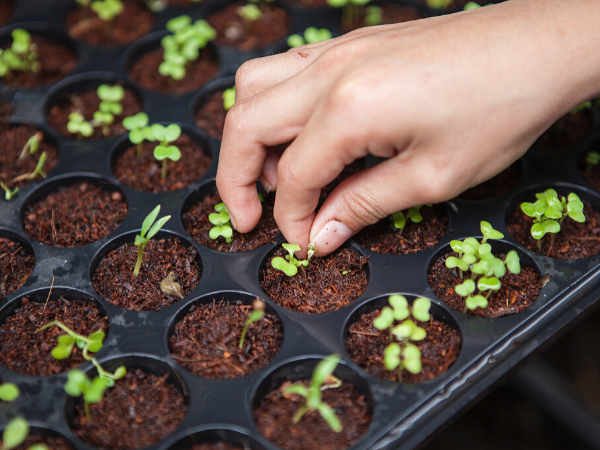News
Partner content: Woolworths Farming for the Future
Tuesday, December 3rd, 2019Over the last few decades, it’s become clear that producing food in a way that is at odds with natural and social systems is no longer a viable option.

“We recognise that some fundamental shifts are required if we are to feed 10 billion people by 2050 within the limits of our planetary boundaries,” says Spencer Sonn, Managing Director: Food, Woolworths. “We know we need to be agile and adapt in order to ensure a sustainable food future for people and the planet. This means a greater focus is required on how food is grown, sourced, and produced.”
Farming for the Future manages the entire farming process from the ground up, with soil quality at the heart of the programme. Healthy soil requires fewer chemical inputs and less water, resulting in reduced chemical run-off and soil erosion, with positive biodiversity impacts.

In order to reduce food waste to landfill, Woolworths is also working with its farmers, processing facilities and green factories programme to understand their food waste management practices. In addition, the brand is looking at how to integrate its supply chain vertically to enable the use of Farming for the Future ingredients in its range of private label prepared foods, as well as how to expand the Farming for the Future standard to incorporate the social aspects related to farming.
Currently, 52% of Woolworths private label produce and horticulture lines is generated from the Farming for the Future programme. While many of its primary suppliers are already extremely well-advanced, their secondary supplier base is increasingly being brought onto Farming for the Future, with a particular focus on top-selling product suppliers. In the last twelve months, the programme has been expanded to certain long-life milk, fruit juice, and frozen fruit and vegetable suppliers.

Farming for the Future:
– Cares for the environment
– Improves soil and water quality
– Promotes water saving
– Encourages biodiversity
Look out for the label on products in store!









